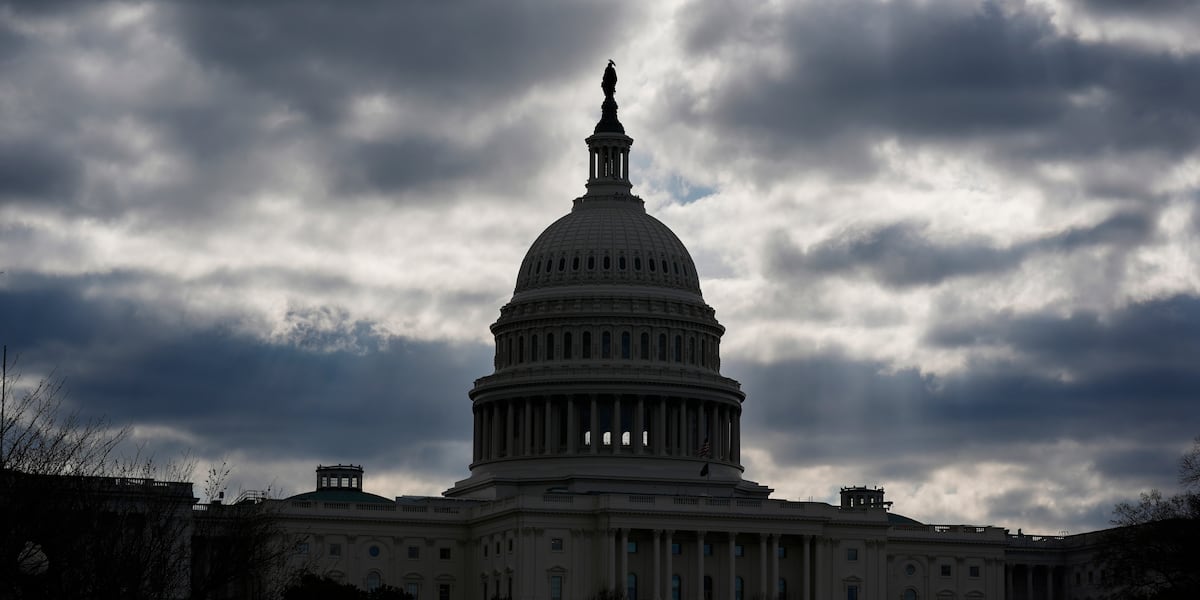South-Carolina
South Carolina judge temporarily blocks six-week abortion ban
/cloudfront-us-east-2.images.arcpublishing.com/reuters/OCKNGGDEGBPWBMXLK52H6H23DQ.jpg)
[1/6] Protesters gather inside the South Carolina House as members debate a new near-total ban on abortion with no exceptions for pregnancies caused by rape or incest at the state legislature in Columbia, South Carolina, U.S. August 30, 2022. REUTERS/Sam Wolfe
May 26 (Reuters) – A South Carolina judge on Friday temporarily blocked the state’s new law that bans most abortions after about six weeks, ruling that it should be considered by the state Supreme Court before taking effect.
State Circuit Judge Clifton Newman granted reproductive rights groups’ motion to block the legislation, which Republican Governor Henry McMaster signed into law on Thursday. The judge’s ruling allows a previous law permitting abortions up to around 22 weeks to stay in effect until the state’s highest court has reviewed the new ban, according to local media reports.
If the measure survives court challenges, it will cut off a flow of women from nearby southern states with more restrictive abortion laws who have been coming to South Carolina for care since the U.S. Supreme Court revoked federal abortion rights in June 2022.
The six-week abortion ban blocked on Friday is a revised version of another measure that the state Supreme Court struck down in a 3-2 decision in January, saying it violated the right to privacy enshrined in the state’s constitution.
One of the Supreme Court justices in the majority on that decision has since retired, leaving it unclear how the court will rule on the new measure.
Republican state lawmakers defending the bill said in legislative hearings this week that the measure remedied the errors that caused the state Supreme Court to strike down its predecessor.
“I hope that the Supreme Court will take this matter up without delay,” McMaster said in a Twitter post on Friday, vowing to “continue fighting to protect the lives of the unborn.”
A spokesperson for Planned Parenthood, one of the groups that sued to block the new law, celebrated the judge’s ruling.
“This is good news for the women of SC today,” wrote Vicki Ringer in a Twitter post.
Opponents of the six-week ban, including three female Republican state lawmakers, said it would increase illegal abortions by not giving pregnant people sufficient time to get them legally.
“We in the South Carolina legislature are not God, we do not know what is going on in someone else’s life, we do not have the right to make decisions for someone else,” said Republican state Senator Katrina Shealy during a Tuesday debate on the measure.
If upheld by the state Supreme Court, the six-week ban would allow abortions up to 12 weeks in cases of rape and incest, and provide an exception for medical emergencies.
Reporting by Julia Harte
Editing by Colleen Jenkins and Frances Kerry
Our Standards: The Thomson Reuters Trust Principles.

South-Carolina
One dead in Orangeburg Co. Saturday night crash

ORANGEBURG COUNTY, S.C. (WCSC) – The South Carolina Highway Patrol says one person has died in an Orangeburg County crash from Saturday night.
Sgt. Tyler Tidwell says this accident happened at approximately 7:05 p.m. on Redmond Mill Road near Magenta Drive. This is about four miles east of the Town of North.
Tidwell says a Hyundai sedan was traveling west on Redmond Mill Road when they went off to the road to the left and struck a tree. They were the only person in the car and the only vehicle involved.
The Orangeburg County Coroner’s Office has not yet identified the victim.
Copyright 2024 WCSC. All rights reserved.
South-Carolina
South Carolina offers transfer portal DL

South Carolina continues to mine the transfer portal to fill needs and the Gamecocks have sent out another known offer to an interior defensive lineman.
Bowling Green transfer portal DL Davonte Miles posted on Twitter/X Saturday that the Gamecocks have offered the 6-foot-5, 275-pounder.
In addition to South Carolina, Miles is hearing from Mississippi State, Memphis, Northwestern, and UConn.
South Carolina Transfer Portal Resources:
Miles is expected to play in Bowling Green’s bowl game on Dec. 26 and will likely make a decision after that.
Listed as a redshirt sophomore, Miles should have two years of eligibility left.
Miles collected 10 tackles, including a tackle-for-loss, and two quarterback hurries this season.
He is originally from River Rouge, Mich.
South Carolina is expected to bring in multiple interior defensive linemen from the portal as the Gamecocks will have to replace Tonka Hemingway, Boogie Huntley, Deandre Jules, and likely T.J. Sanders from this year’s talented group.
Carolina already has one portal commitment at the position in Texas A&M transfer and former five-star Gabriel Brownlow-Dindy.
South-Carolina
South Carolina signee finishes Shrine Bowl week domination with huge defensive touchdown

This week, some of the top high school players from both South Carolina and North Carolina took part in the Shrine Bowl of the Carolinas. South Carolina had 11 signees selected for the game, but some did not participate due to early enrollment at USC.
One name that popped up all week was Havelock, North Carolina native Donovan Darden. In fact, On3’s Charles Power picked Darden as his practice MVP. The future Gamecock linebacker got reps at both defensive end and linebacker.
[Join GamecockCentral: $1 for 7 days]
On Saturday, in what became a dominant 49-24 victory for the Tar Heels, Darden put his stamp on the strong week with a big-time play. Late in the 3rd quarter, North Carolina led 28-10 when the future Gamecock effectively ended the game. Irmo High School quarterback AJ Brand rolled right out of the pocket to escape pressure and tried fitting a pass through a tight window. Darden, who was in a short zone, stepped in front of the pass and picked it off. An elite athlete, he also made short work of the 48-yard return as he took the interception back for a score.
You can watch the play below.
[GamecockCentral has gift subscriptions]
Darden will join a linebacker room at South Carolina that could need a youngster or two to play. The Gamecocks use their ‘backers in a variety of ways, and his experience as a pass rusher could help him get on the field. He also has a solid frame already, measuring in at 6’4″ and 225 pounds. On3 ranks Darden as a 4-star EDGE prospect. In On3’s rankings, he is No. 122 nationally, No. 6 in North Carolina, and No. 13 among EDGEs. He will start his USC career in the linebacker room but could grow into an EDGE.
-

 Politics1 week ago
Politics1 week agoCanadian premier threatens to cut off energy imports to US if Trump imposes tariff on country
-
/cdn.vox-cdn.com/uploads/chorus_asset/file/25789444/1258459915.jpg)
/cdn.vox-cdn.com/uploads/chorus_asset/file/25789444/1258459915.jpg) Technology1 week ago
Technology1 week agoOpenAI cofounder Ilya Sutskever says the way AI is built is about to change
-

 Politics1 week ago
Politics1 week agoU.S. Supreme Court will decide if oil industry may sue to block California's zero-emissions goal
-
/cdn.vox-cdn.com/uploads/chorus_asset/file/25546252/STK169_Mark_Zuckerburg_CVIRGINIA_D.jpg)
/cdn.vox-cdn.com/uploads/chorus_asset/file/25546252/STK169_Mark_Zuckerburg_CVIRGINIA_D.jpg) Technology1 week ago
Technology1 week agoMeta asks the US government to block OpenAI’s switch to a for-profit
-

 Politics1 week ago
Politics1 week agoConservative group debuts major ad buy in key senators' states as 'soft appeal' for Hegseth, Gabbard, Patel
-

 Business7 days ago
Business7 days agoFreddie Freeman's World Series walk-off grand slam baseball sells at auction for $1.56 million
-
/cdn.vox-cdn.com/uploads/chorus_asset/file/23951353/STK043_VRG_Illo_N_Barclay_3_Meta.jpg)
/cdn.vox-cdn.com/uploads/chorus_asset/file/23951353/STK043_VRG_Illo_N_Barclay_3_Meta.jpg) Technology7 days ago
Technology7 days agoMeta’s Instagram boss: who posted something matters more in the AI age
-
News7 days ago
East’s wintry mix could make travel dicey. And yes, that was a tornado in Calif.

















